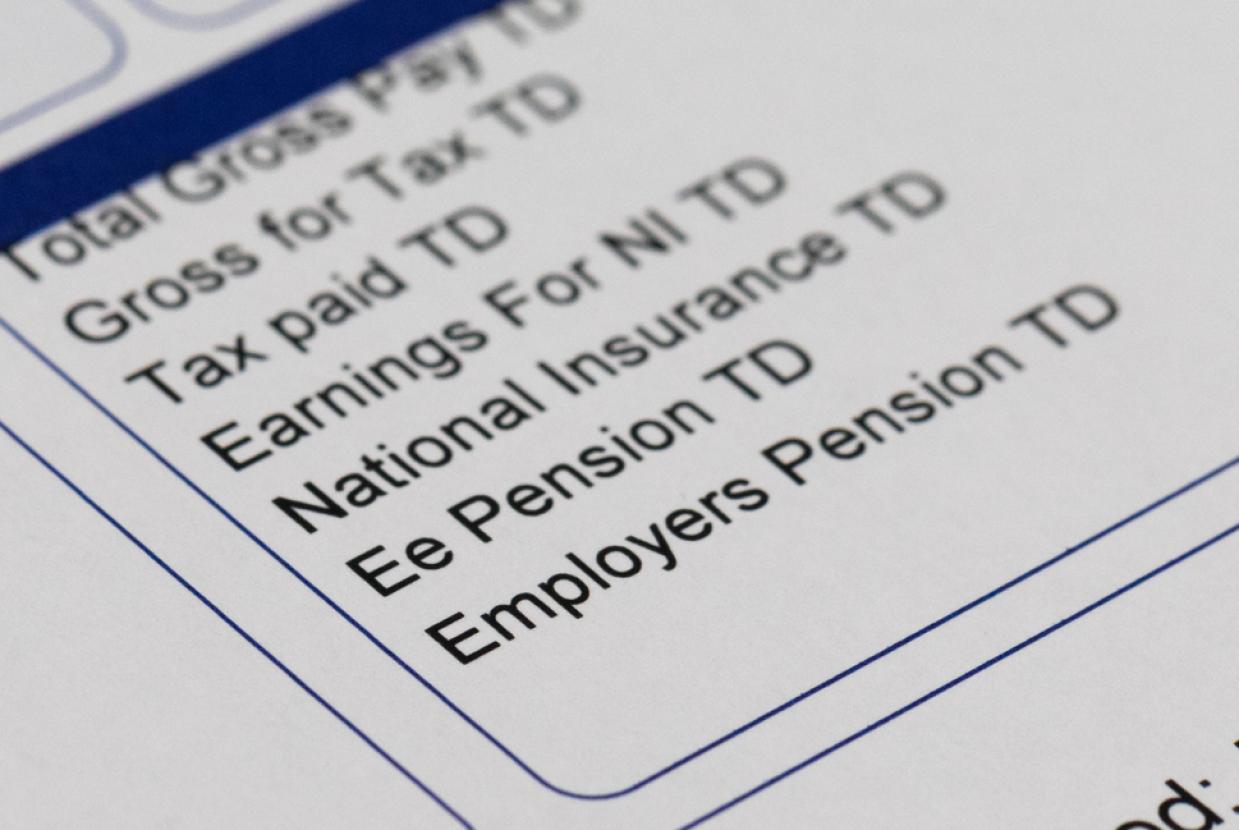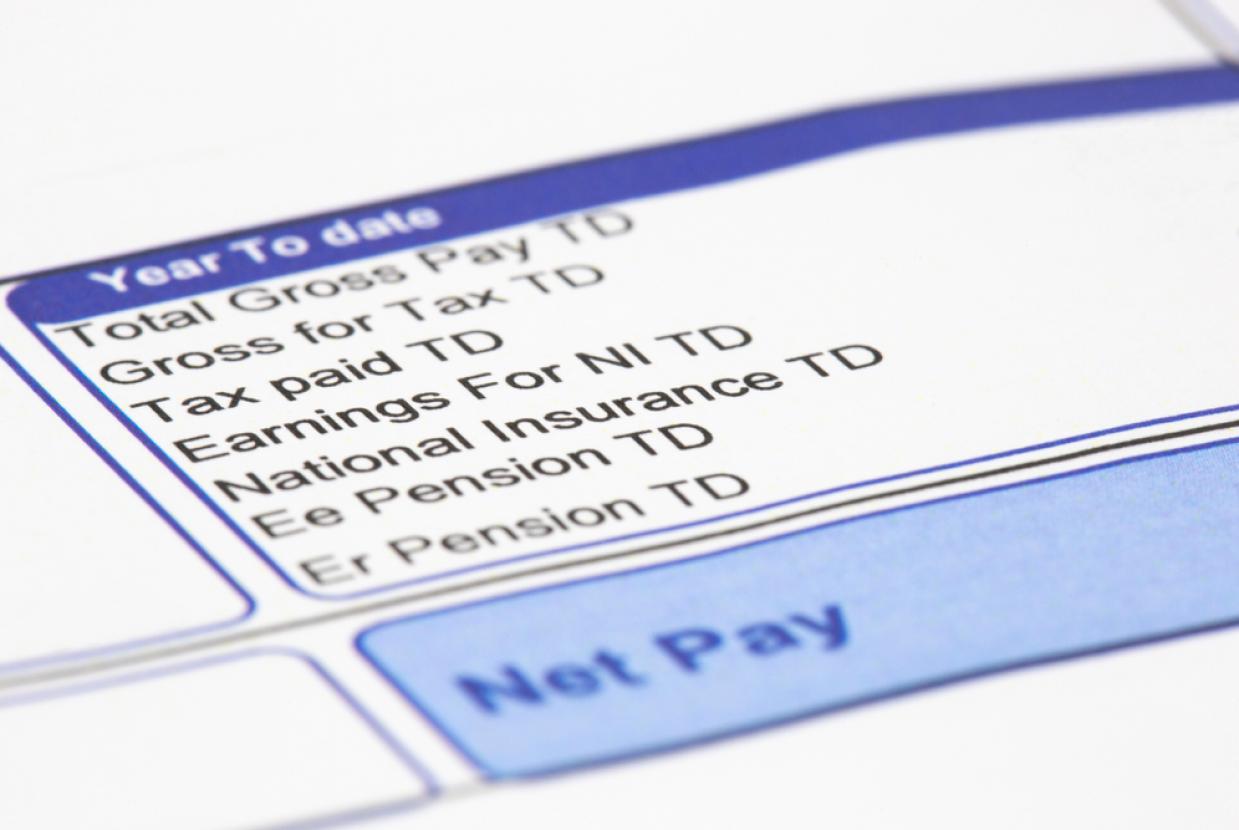Talking With Friends About Money
You typically don’t live with your friends, so if you want to see them, you generally make an occasion of it. This could be a trip to the pub, lunch or a playdate. This can be expensive, but there are always ways to cut down on the costs and still meet up.
Telling your friends you can’t afford to go out
Your friends are your friends for reasons outside of how much money you make or have to spend. And it’s unlikely they’ll stop spending time with you just because you can’t join them in activities that cost a lot of money.
It’s important not to assume they know what disposable income you have, or if you’re under pressure to keep up. If you don’t tell them, they won’t know.
Here a few tips that could help:
- If you're saving for something, explain that this is why you’re looking for ways to keep costs low.
- Take control of meet-ups and arrange to meet up and do free or cheap activities, which can be just as much fun as expensive ones. And only take the amount of money you can afford to spend.
Ask your friends if they would be up for being a ‘savings supporter’ – this is someone who helps you reach your saving goals.
Tell them what you’re saving for and how much you need. Your friend can then have regular conversations with you to check on your progress and support you on your journey. Why not even exchange support – how could you help them?
How to deal with a friend asking to borrow money
If a friend is asking to borrow some cash, it can be really hard to say no. You don’t want to lose them as a friend because of a fight about money, but at the same time, you care about them, so want to help them out.
Lending money to a friend can put a strain on a relationship. This is especially if you would find it stressful to chase them for the money they owe or you’d would struggle if they didn’t pay you back. If this is the case, it’s probably best not to lend the money.
It’s important not to feel guilty about not lending a friend money. You can support them in other ways. For example, tell them about the guides we have on our website, such as How to get credit for the first time and the other guides under Managing money well in our Budgeting section.
You can also support them by saying no – after all, building up debt that might damage the relationship isn’t going to help your friend.
If you’re thinking about loaning money, ask yourself the following questions:
- Can I afford it? - Look at your own budget to make sure you’re not going to get yourself into money trouble first. Can you afford to not get the money back? To help you work this out, you can use our free and easy-to-use Budget Planner.
- Can they afford it? - If they won’t be able to pay you back in full, you’re opening yourself up to a whole world of trouble. If they can’t prove they can repay you, don’t lend them the money. You could even suggest they read about the pros and cons in our guide Should you borrow from family or friends?
- How formal is this arrangement going to be? - If you decide to lend your friend some money, it’s always good to get it in writing. This can just be an email or something more formal, such as a contract.
Getting loaned money back
Asking friends to pay back the money they owe you can be stressful. It’s especially bad if you know they’ll struggle to come up with the money. If you value your friendship, it’s important not to get confrontational when asking for your money back.
Perhaps always they’ve simply forgotten, and then try to jog their memory with a few well-placed hints. Having discussions about lending and borrowing cash can sometimes be a bit easier if you do it through texts or email.
This also means you have everything in writing about how much cash is involved and when it’s going to be paid back.
It might be worth adding a sense of urgency, so your friend understands that you now need the money back. For example, phrases like ‘I’m sorry to ask this, but I really need that money back by XX because I have to pay XX back’.
If all discussions break down and you don’t think you’re going to be able to get your money back just by talking, as a last resort you can get legal help. This will involve making a court claim for the money. It’s worth being aware that making a claim isn’t free – it starts from £25 when you’re claiming up to £300.
How to talk about money
If you need to talk to someone about money but aren’t sure how it will go, our guide 'Talking to Friends About Money' will be useful. Click the title to access the guide.
It includes tips on how to start a conversation, what to do if you think the conversation might be difficult, and how to deal with negative reactions.































